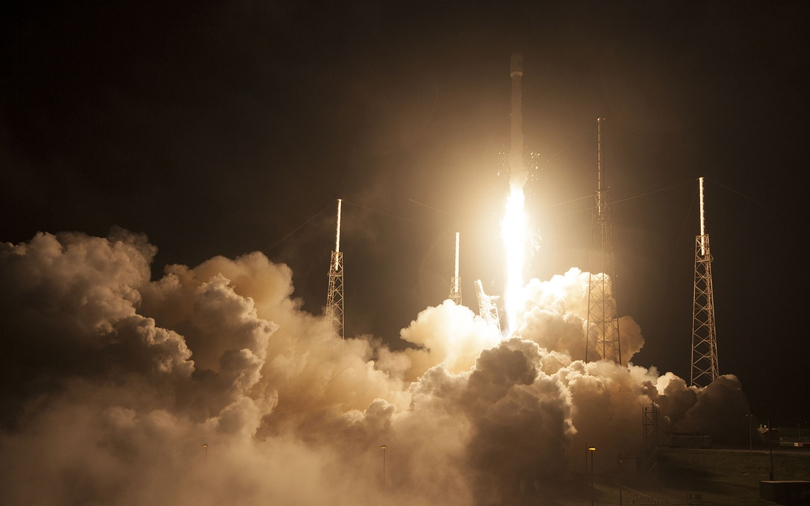
SpaceX to blast off IBM's AI Cimon into space


Elon Musk-founded space exploration company SpaceX is sending a robot named Cimon, developed by Armonk-headquartered IT services company IBM, into space, a report in news agency Associated Press said.
According to the report, Cimon, which stands for Crew Interactive Mobile Companion, is expected to assist astronauts and also comes with a power off button in order to prevent it from going rogue in space.
“He’s a friendly guy and he has this hard power-off button,” German Space Agency physicist Christian Karrasch, the project manager, was quoted as telling AP.

According to Karassch, Cimon was developed to add brainpower to the team at the International Space Station. Its utility will gain focus when astronauts travel to destinations such as the moon, Mars and other places. The AI can also help in the case of medical emergencies.
The bot is expected to help German astronaut Alexander Gerst who is already at the ISS for a month. Gerst will teach Cimon about its space duties in three one-hour sessions, the report said, adding that the robot is already aware of Gerst's experiments.
After its training, the self-propelling bot will act as Gerst's assistant and will help with research procedures. Karrasch said that while Cimon can also help five other astronauts, it is best suited for Gerst.

The plastic bot is shaped like a ball and has a screen for a face. It smiles when conversations are good and frowns when they are bad. The report said that the bot communicates in English and can answer Gerst when called by its name.
Next year, the bot will serve Italian astronaut Luca Parmitano and will keep learning by working with cosmonauts as its systems are updated via IBM's cloud.
As per the report, the bot has been designed as a ball instead of a human form in order to make it less threatening or creepy. The curved design also means that it would be safer for astronauts as there are no sharp edges that could harm the space station. The entire two year-project cost under 5 million Euros or $5.8 million.

